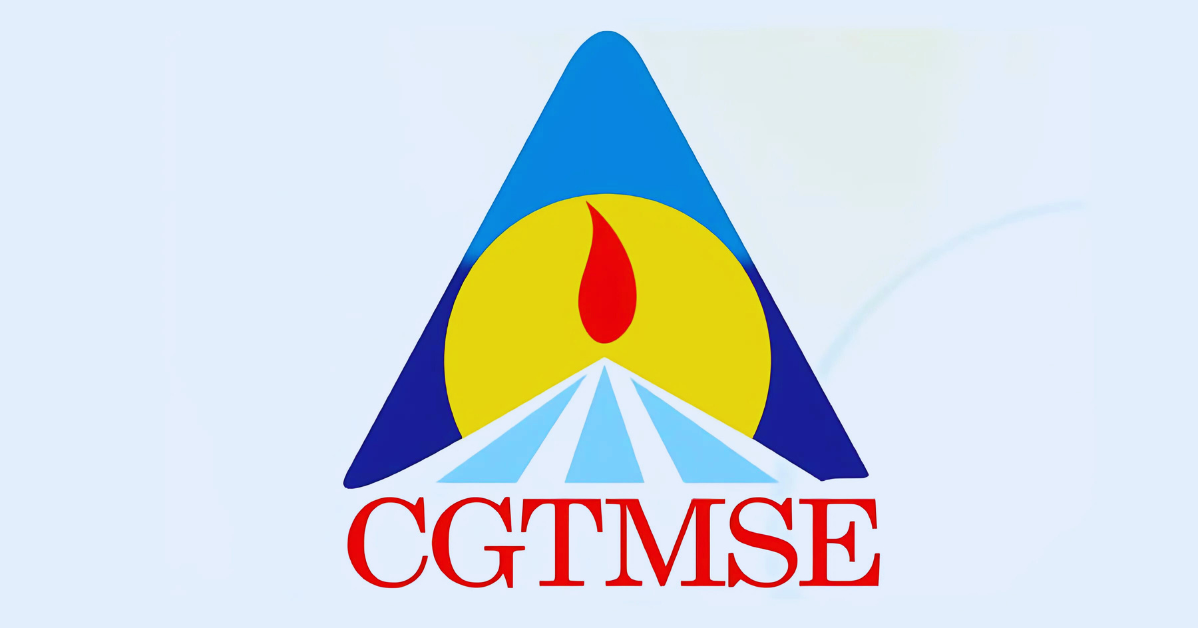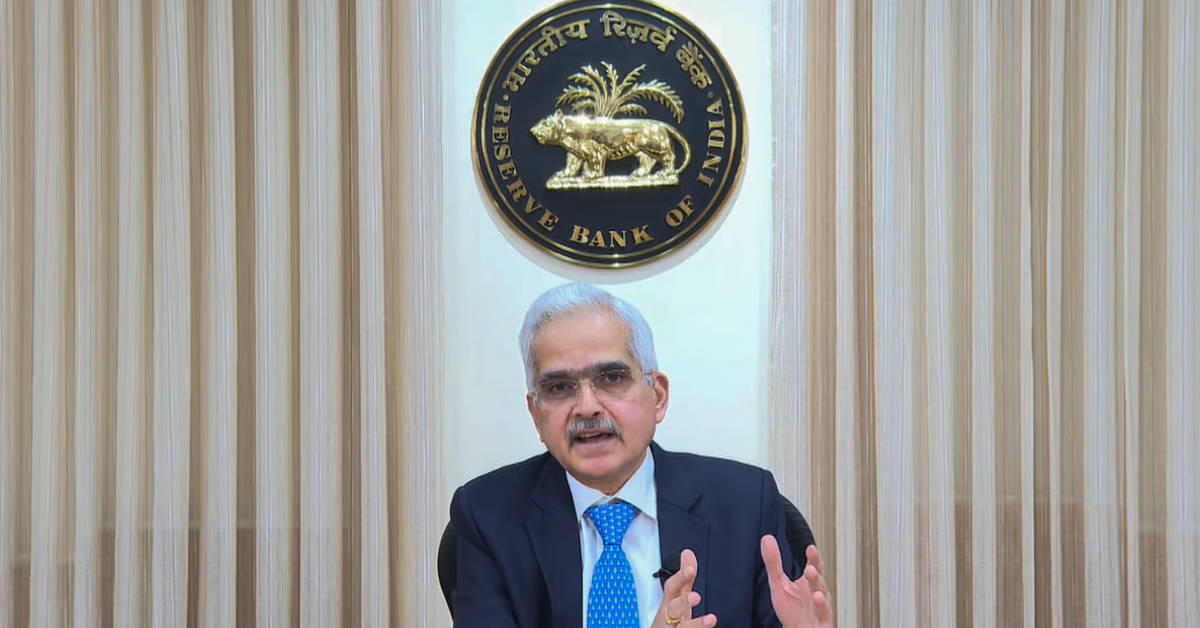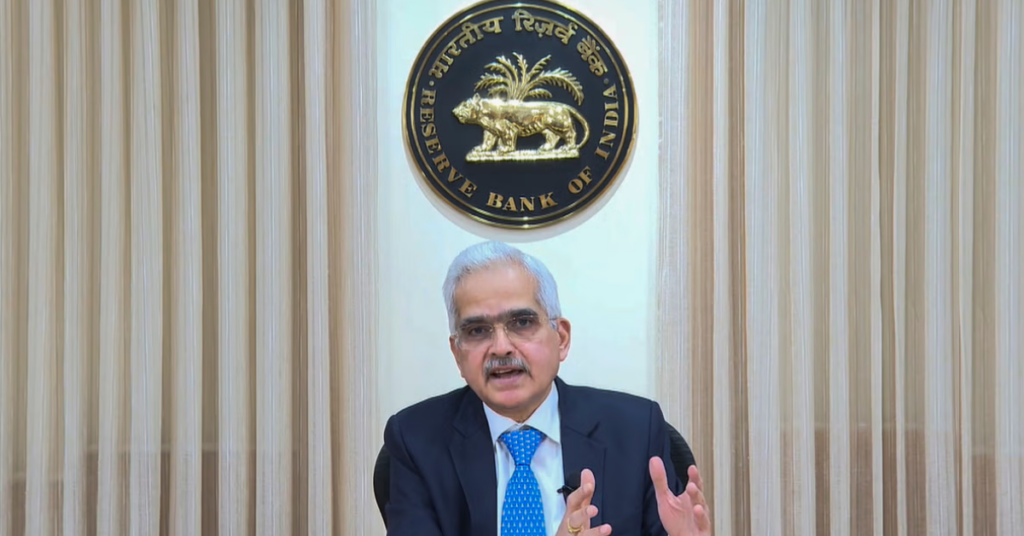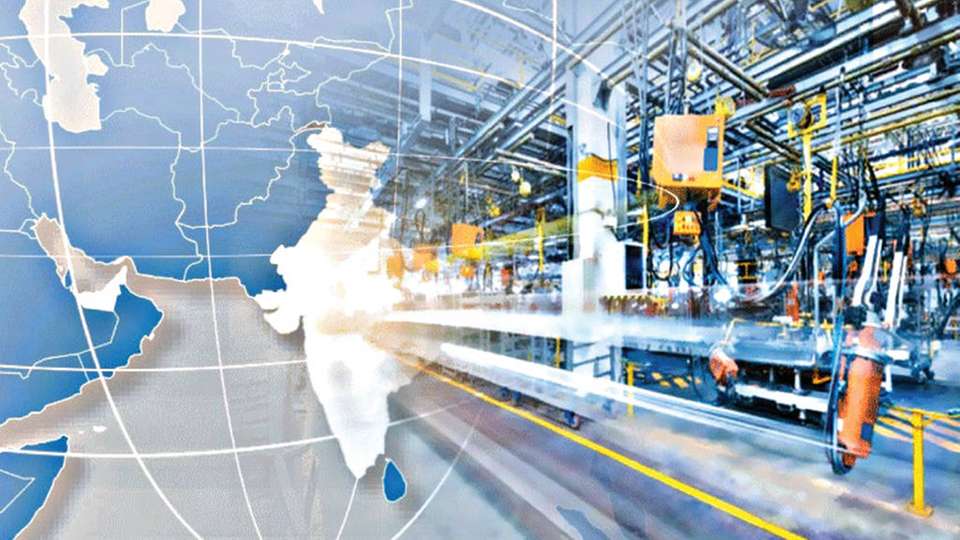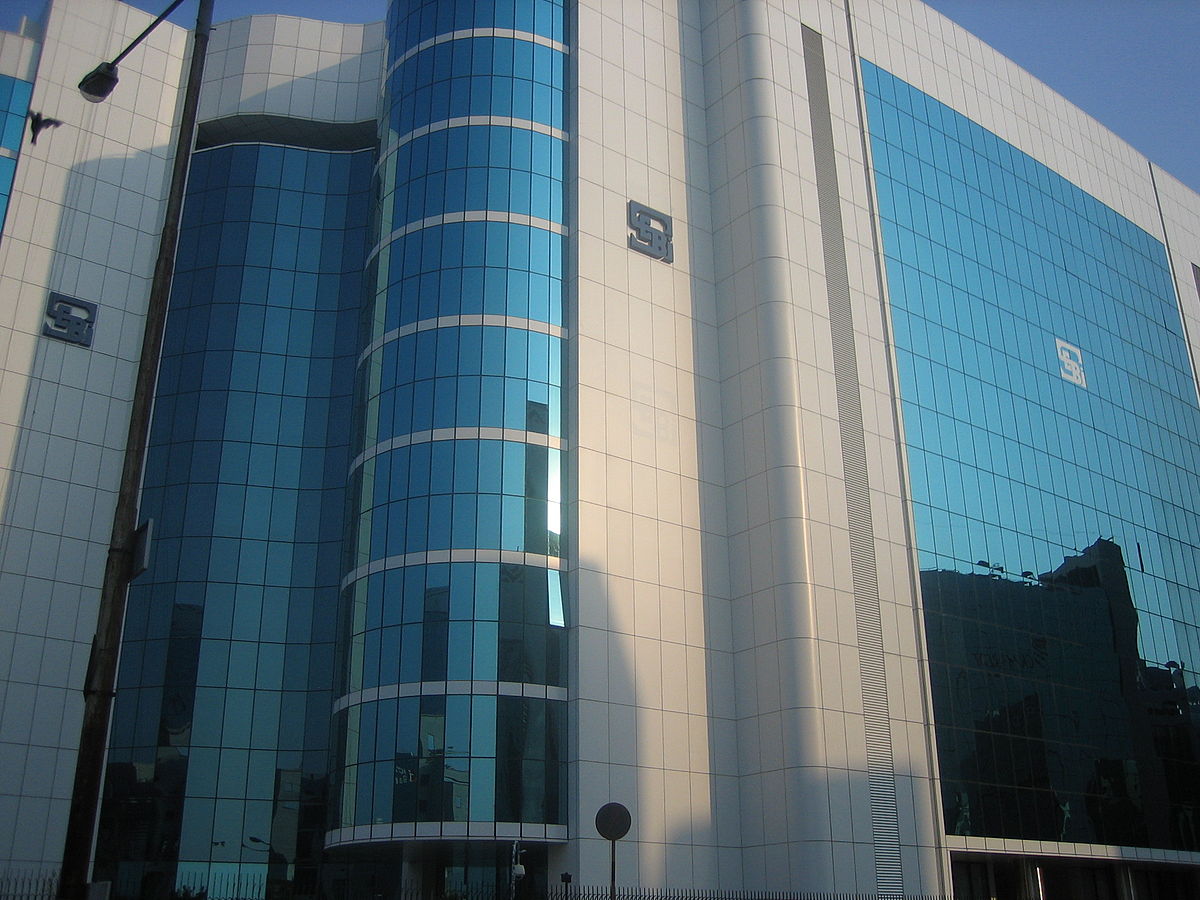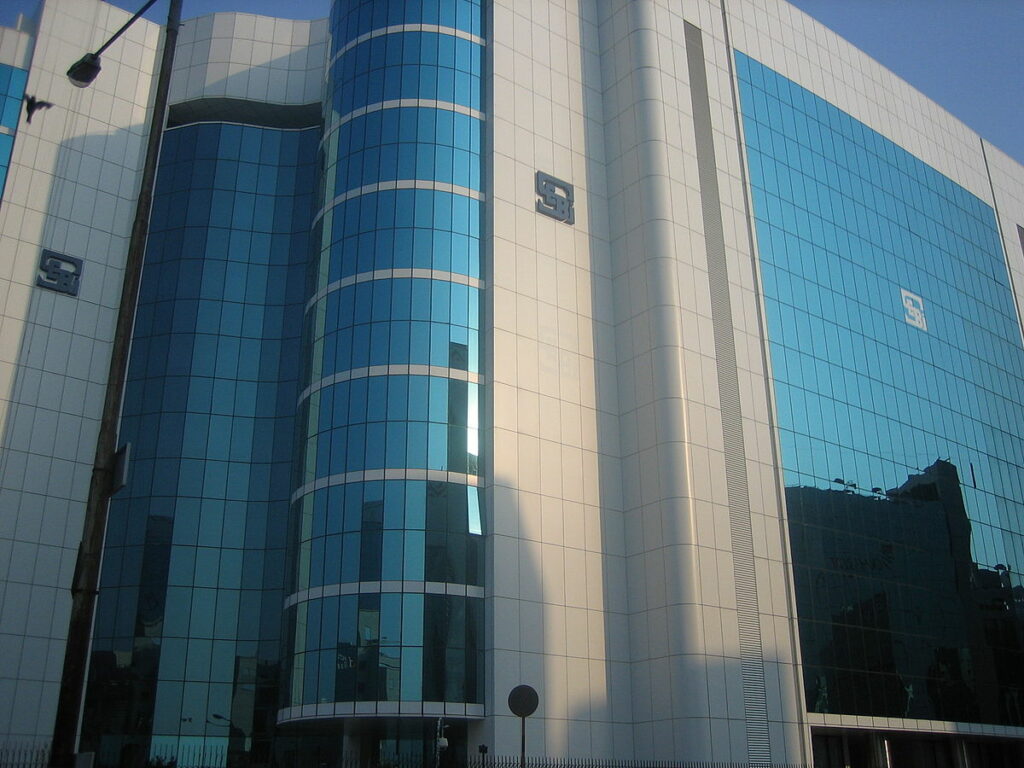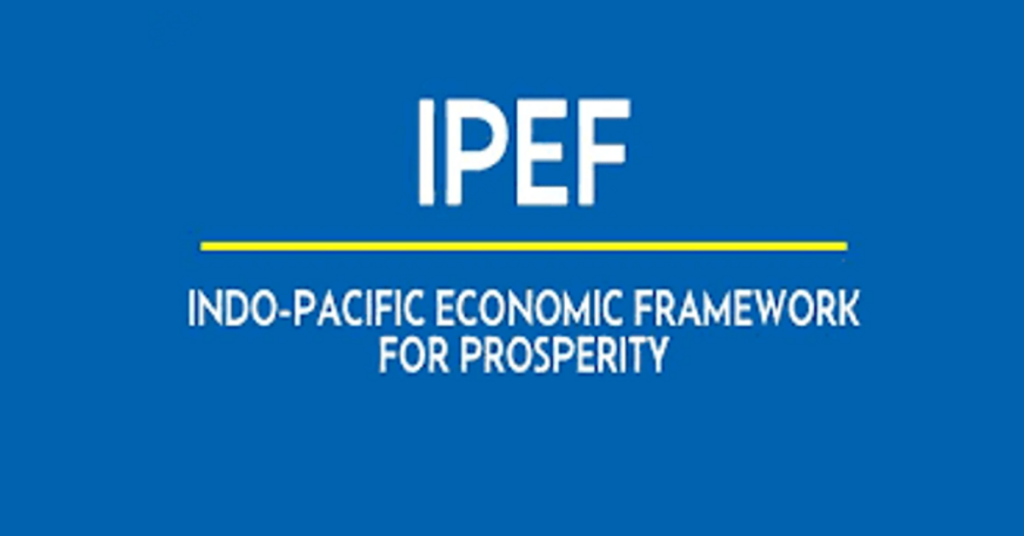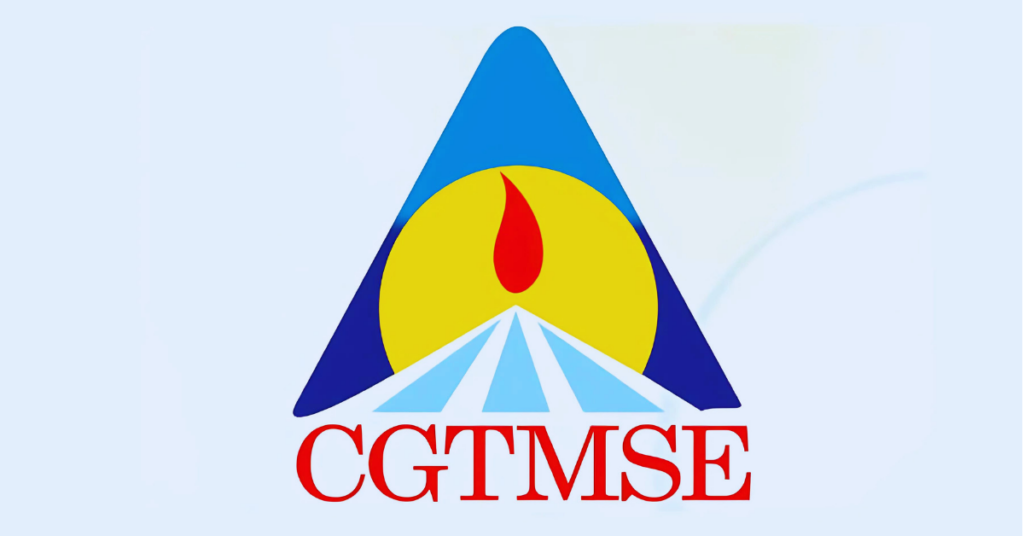
CGTMSE Increases Credit Guarantee for Women MSMEs to 90%
The MSME Ministry has announced that women-owned micro and small enterprises (MSEs) will now benefit from increased credit guarantee coverage under the Credit Guarantee Fund Trust for Micro and Small Enterprises (CGTMSE) scheme. The move, aimed at boosting women’s entrepreneurship, will see credit guarantees for women-owned MSMEs rise to 90%, enhancing their access to collateral-free loans.
This new measure was highlighted by MSME Minister Jitan Ram Manjhi during a press conference discussing the ministry’s achievements over the past 100 days. The change, approved by the CGTMSE Board on September 9, 2024, also includes provisions to reduce the annual guarantee fee, further improving credit access for women entrepreneurs.
According to the ministry, approximately 27 lakh women-led MSMEs are expected to benefit from the initiative. The CGTMSE scheme was previously extended to women-owned MSEs in December 2022, offering an 85% credit guarantee on loans up to Rs 2 crore, which was later increased to Rs 5 crore.
The government’s goal is to facilitate Rs 5 lakh crore in credit guarantees for MSEs over the next two years through the CGTMSE scheme. In FY24, the credit guarantee amount doubled to Rs 2 lakh crore, marking the highest ever in a single fiscal year. In comparison, FY23 saw Rs 1.04 lakh crore approved across 11.65 lakh guarantees, while FY22 recorded Rs 56,172 crore across 7.17 lakh guarantees.
To further support women entrepreneurs, the ministry launched the Yashasvini Campaign in June 2023, aimed at raising awareness about government schemes, formalizing businesses, and building capacity for women entrepreneurs. The campaign kicked off in Jaipur in July with over 4,000 Udyam and UAP registrations, followed by a second event in Ranchi on September 11, involving 200 women entrepreneurs and self-help groups.
The press conference also highlighted the growth in Udyam registrations, which surged from 1.06 crore in 2023 to 5.07 crore in 2024, benefiting approximately 21 crore people through job creation. Additionally, under the Prime Minister’s Employment Generation Programme (PMEGP), 26,426 new micro enterprises were established, with loan disbursements totaling Rs 3,148 crore in the last 100 days, expected to create employment for 2.11 lakh individuals.
